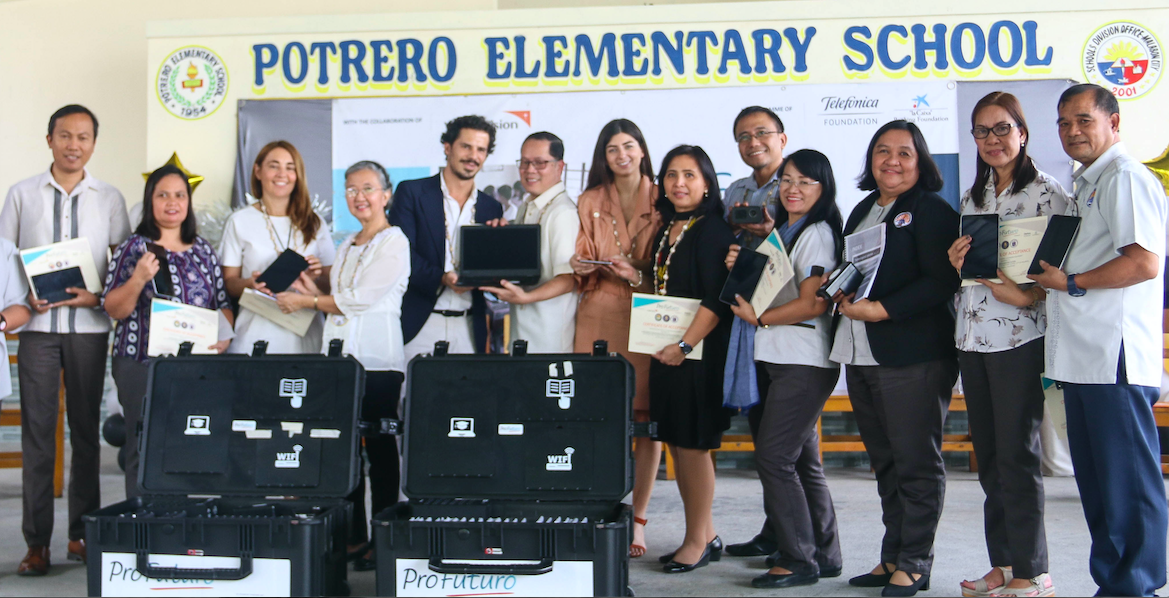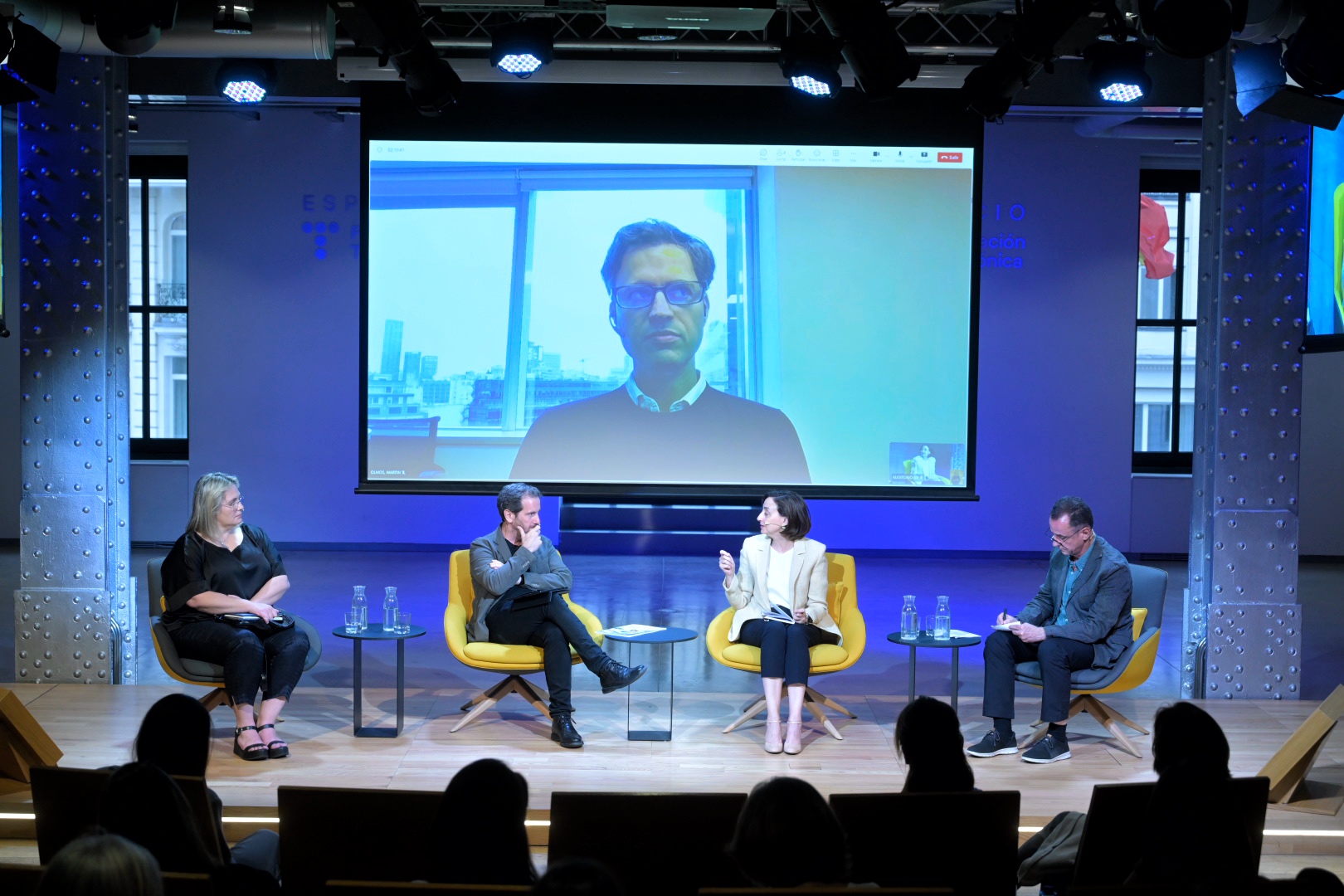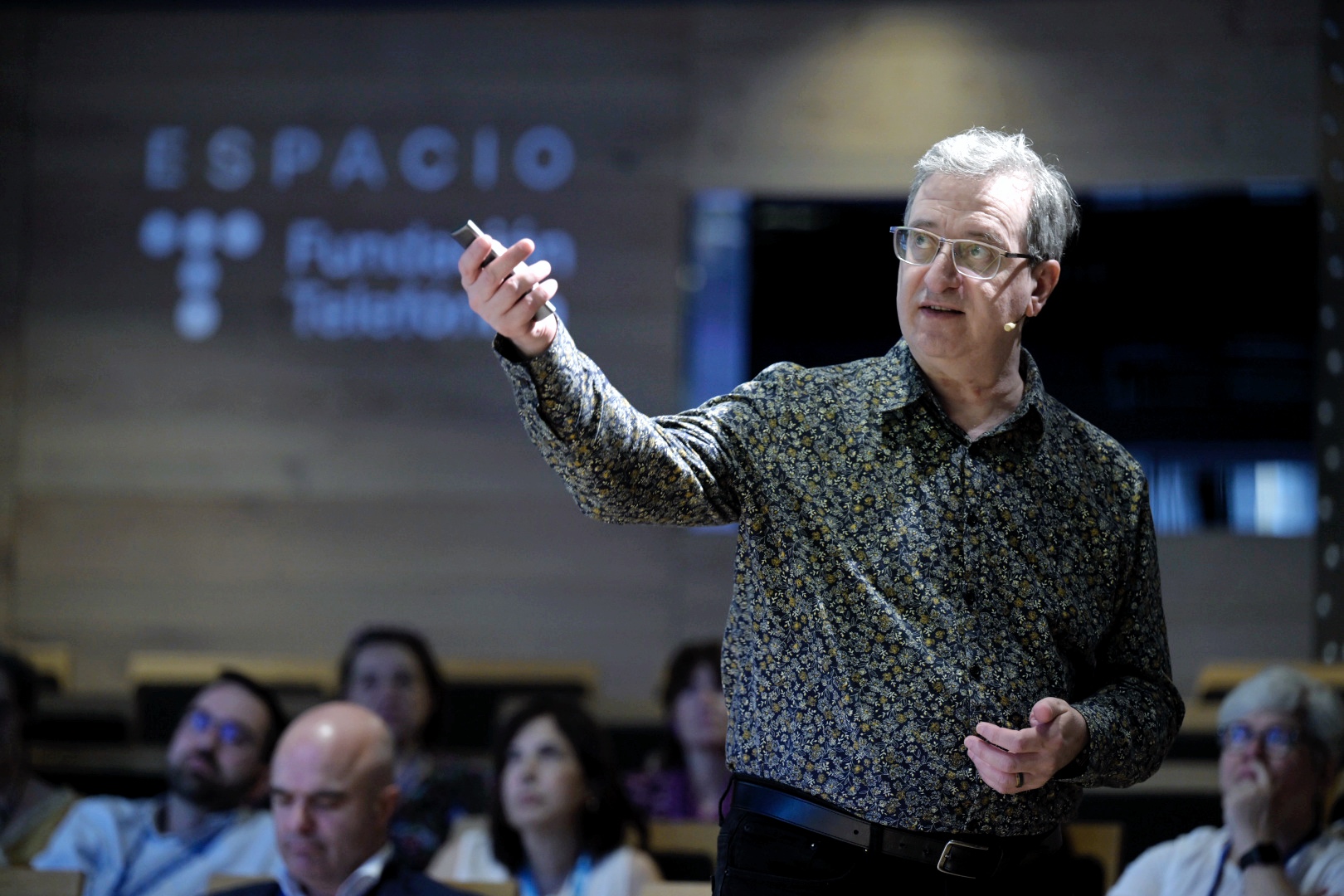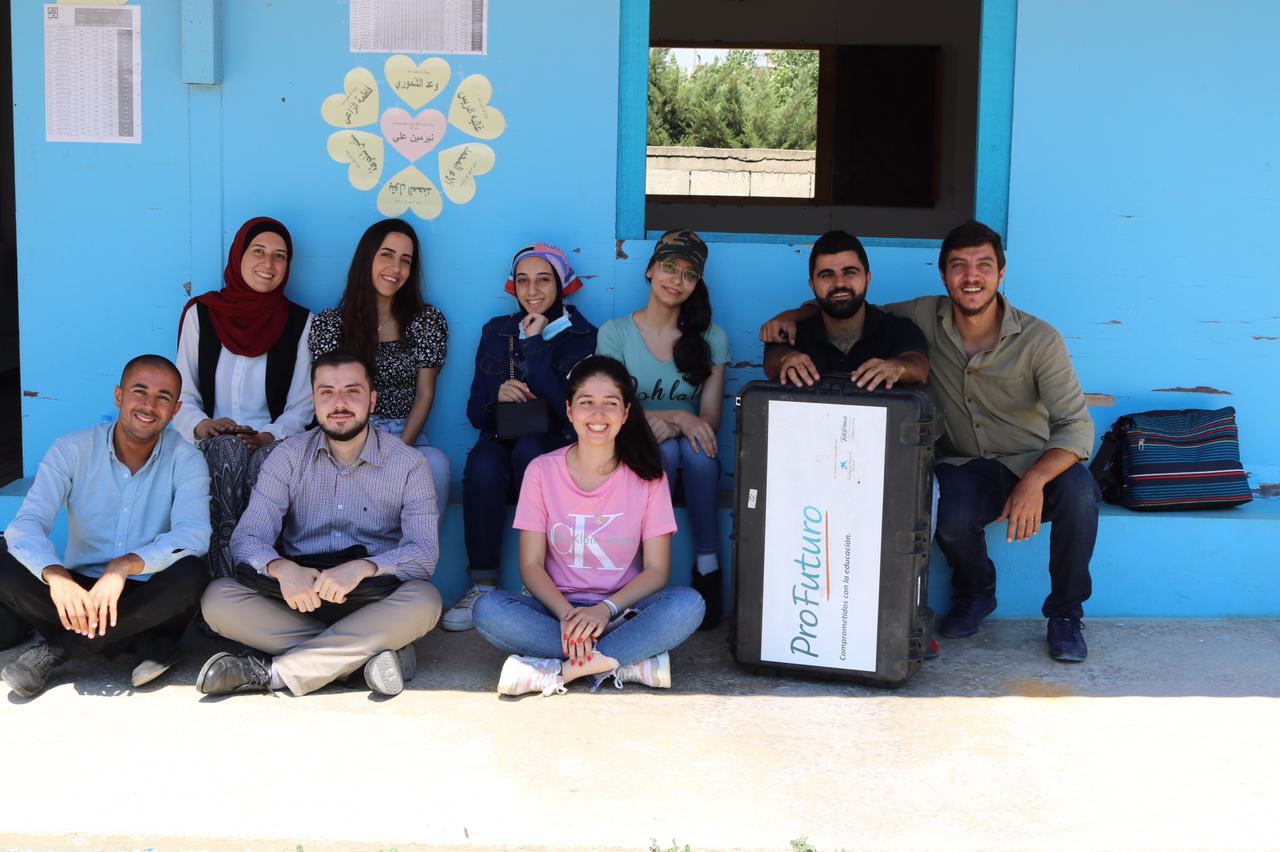The ProFuturo Foundation, in collaboration with its global partner, the World Vision Foundation International, has launched its digital education program in Luzon and Visayas (Philippines). The program began in the Philippines in 2017 thanks to an alliance between the Department of Education in the Mimaropa region and the Ayala Foundation Inc. Throughout 2019 ProFuturo hopes to benefit a total of 225 primary schools in the Philippines with the collaboration of its local partners.

The ProFuturo Foundation, alongside the World Vision Foundation International, increases its presence in the Philippines, thus consolidating its digital education program – already present in 28 countries – in that country. The event to present this new partnership took place in the Potrero Elementary School in Malabón, with the presence and support of senior representatives from the Philippine Government.
ProFuturo’s general manager, Ms. Sofía Fernández de Mesa, remarked that “a quality digital education increases student motivation, reduces their drop out rate and allows them to obtain the skills and abilities of the 21st century”. On the other hand, she added that it was “important having strong allies and partners to implement ProFuturo’s solution”.
The aim of ProFuturo is to improve the quality of education for boys and girls in Asia, Latin America and sub-Saharan Africa through digital education and in collaboration with local partners. With this undertaking, ProFuturo, aims to become a reference for transformation and innovation in education, improving training for teachers, and the education of millions of children through technology. The ProFuturo solution offers digital learning experiences, encourages collaborative work and continuous evaluation, and promotes the use of tools for monitoring and measuring impact.
The education proposal also incorporates the professional development of teaching staff through training, digital resources, and new teaching-learning and monitoring methodologies. To achieve this, its education solution is modulated and can be adapted to any environment and context, regardless of whether it has an Internet connection. Its digital resources are available in Spanish, French, English and Portuguese.






